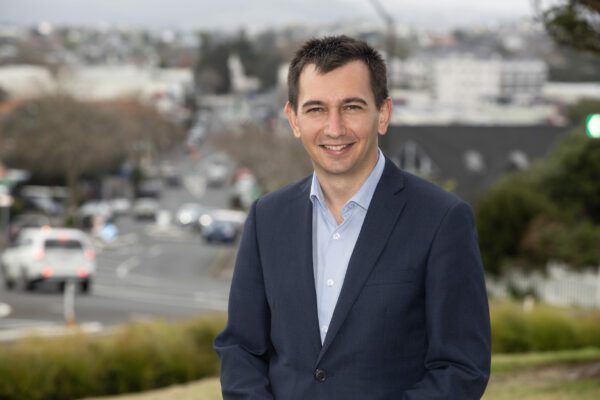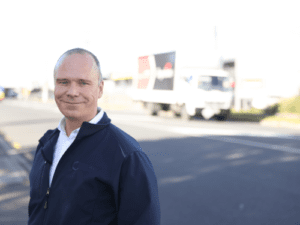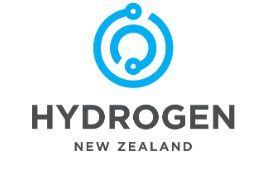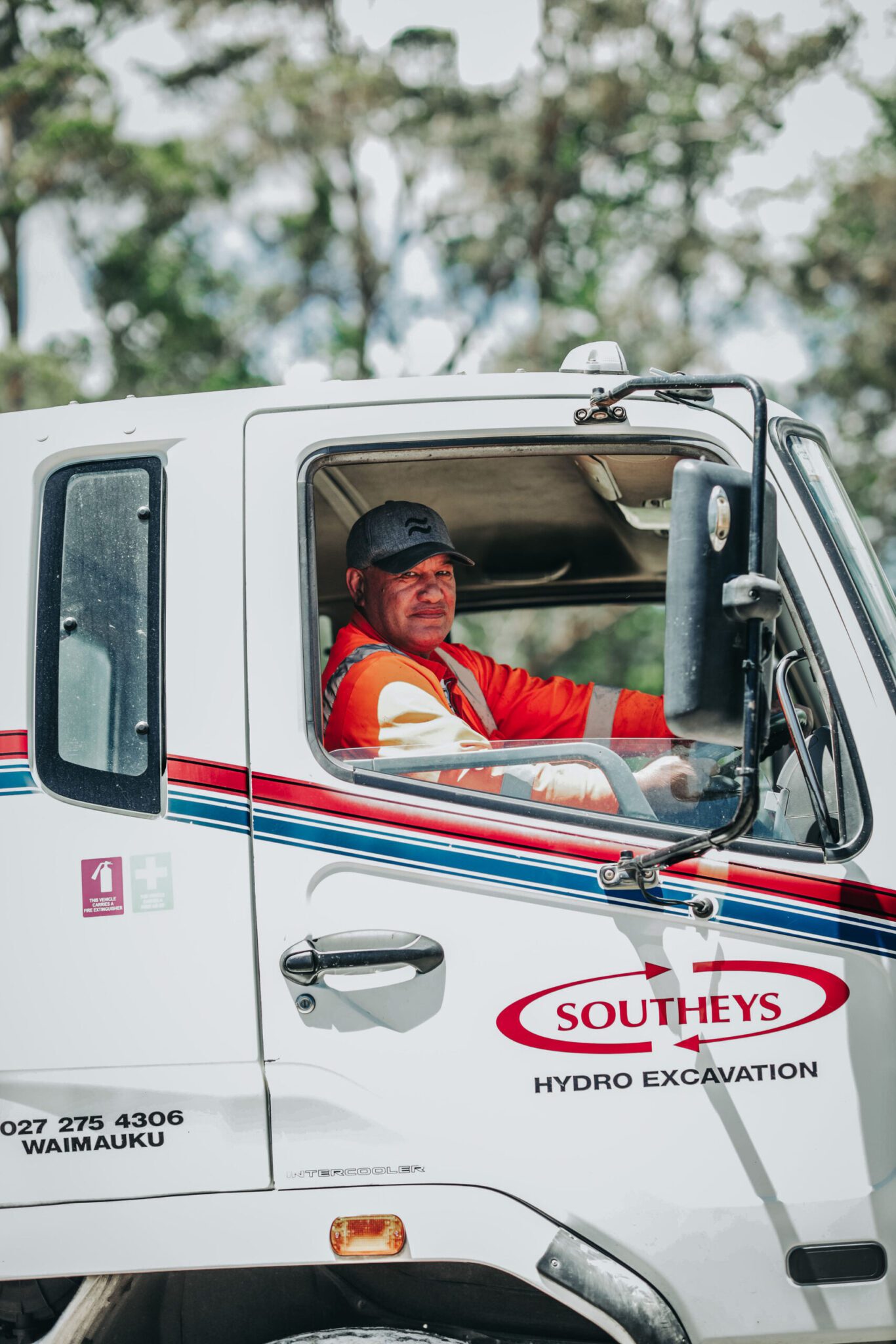Congratulations National Road Carriers on the first electronic issue of Full Throttle and thanks for the opportunity to update NRC members on the Government’s legislative programme for transport.
We have been moving at pace with no fewer than nine announcements relating to the road freight sector since my last column in June. Here is a run through of the most recent ones:
Revenue Action Plan to deliver infrastructure sooner
The Government has announced a Revenue Action Plan to enable a clear infrastructure pipeline that delivers the critical transport infrastructure our country needs.
The Revenue Action Plan will:
- Make better use of existing funding tools for the National Land Transport Fund (NLTF).
- Reform tolling legislation to support bringing forward infrastructure investment.
- Unlock new funding tools, including value capture.
- Transition all light vehicles to road user charges by as early as 2027.
The NLTF is under increasing pressure and is not sustainable. Taxpayers have had to top up the fund and take on more debt just to pay for the infrastructure they need. It’s clear that New Zealand’s current funding model isn’t fit for purpose.
Our Revenue Action Plan will result in a greater focus on user-pays. When users pay for a service, they aren’t just participants – they become customers, and customers naturally expect and demand the highest level of service.
As part of the National-ACT coalition agreement, we are transitioning the light vehicle fleet to road user charges (RUC), and away from fuel tax, by as early as 2027. Transitioning to RUC will ensure that all road users are contributing fairly to the upkeep of our roads, regardless of the vehicle they drive.
Cabinet will also explore reforms to tolling legislation and make decisions this year. We expect NZTA will consider tolling to construct and maintain all new roads, including the Roads of National Significance.
The Revenue Action Plan will leverage private sector innovation and expertise. The use of Public Private Partnerships (PPPs), ‘Build, Own, Operate, Transfer’ equity finance schemes, and value capture, will also enable the delivery of infrastructure in a more efficient manner.
Drunk and drugged drivers targeted by new road policing programme
Drunk drivers and drugged drivers will be heavily targeted to improve safety on our roads by the new $1.3 billon Road Policing Investment Programme RPIP (2024-2027). The package includes:
- Increased alcohol breath tests with a target of 3.3 million roadside alcohol breath tests per year.
- A focus on high-risk times with a requirement that 65% of breath tests are done at high or extreme alcohol risk times.
- Funding to deliver and implement roadside drug testing with a target of 50,000 tests per year once the new regime is implemented.
- Focussing speed offences on open roads and high-risk locations.
- Performance based funding to ensure targets are met.
This programme has a clear focus on outcomes and targets to ensure Police are focussed on the most high-risk times, behaviours, and locations. It will ensure Police target speeding offences on high-risk roads, and have a clear focus on drugs and alcohol enforcement to deter impaired drivers and expects police to focus on the key times and locations where the highest risk on our roads occur.
Alcohol and drugs are the number one contributing factor in fatal road crashes in New Zealand. Over 2019-2022, crashes involving drug drivers claimed the lives of an average of 105 people each year and represented around 30 per cent of all road deaths.
Time of use schemes to reduce travel times
The Government will introduce legislation this year to enable time of use schemes to be developed to reduce travel times on our busiest roads and boost economic growth
Congestion is a tax on time and productivity. Time of use schemes will improve network efficiency to increase productivity and enable Kiwis and freight to get where they need to go quickly and safely. Cabinet has agreed to a legislative framework that will enable local councils to propose time of use schemes on their networks.
Local councils will propose schemes in their region, with the NZ Transport Agency (NZTA) leading the design of the schemes in partnership with councils to provide strong oversight and to ensure motorists benefit from these schemes.
Any money collected through time of use charging will also be required to be invested back into transport infrastructure that benefits Kiwis and businesses living and working in the region where the money was raised. Councils will not be able to spend this money on other priorities or pet projects.
Auckland has long been considered a leading candidate for a time of use charging scheme, and the Government will prioritise working with Auckland Council.
Travel times per kilometre in Auckland are much higher than in comparable cities in Australia. Allowing businesses and tradies to be able to do more trips per day will mean more productivity on our roading networks, and a boost to our economy.




